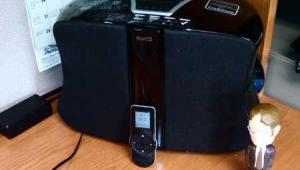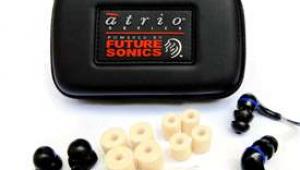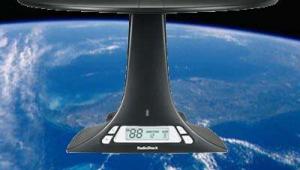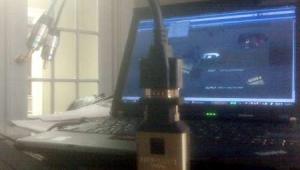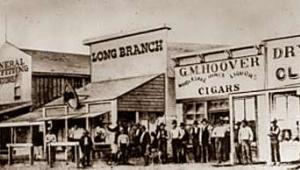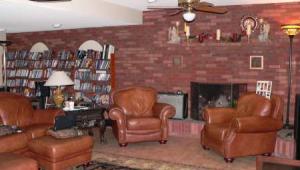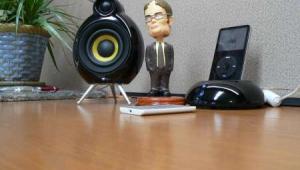There's a Riot Going On
First of all, I wouldn't expect the purveyors of either high-def format to do their laundry in public, but absence of evidence, as they say, is not evidence of absence. So I went to the industry to see if there is anything that lent credence to the word on the street that Blu-ray replication may be more problematic than some like to believe.
PacificDisc is a disc replication house that deals with smaller production companies, not the major movie studios who have their own tightly integrated sources for disc replication. But their pricing policies clearly indicate that BD replication goes for a 12% - 26% premium over HD DVD (single layer discs in both formats, at quantities of 100,000 and 10,000, respectively). But don't read too much into this because after AACS encoding, PacificDisc sends their BD masters out to Technicolor (a subsidiary of European consumer electronics giant Thomson) for actually pressing. So you might be inclined to chalk up the pricing discrepancy to middle man syndrome.
Things get more interesting, however, when you start talking about the total picture. For instance, PacificDisc's (PD herein) website notes that "copy protection or encryption (AACS) is required on all Blu-ray discs (though not for HD DVD) and costs $2,500 per title plus $0.10/disc," that last dime being for royalties. And that's pretty much the route PD's customers take, paying the company for the AACS service because, in the sub 100K replication market, investing in equipment and software for Blu-ray just isn't in the cards.
So if you're looking to press 10,000 discs on Blu-ray, it's not the $1.75 per disc you see posted on PD's website, it's more like $2.10 a disc out the door. Now the difference with the $1.39 HD DVD disc is more like a 50% premium. In fact it's exactly a 50% premium. And you can forget about dual layer BDs (BD50), because they're not offered. Dual layer HD DVD replication, on the other hand, are offered and go for not much more ($1.71/ea @ 10K).
A spokesman for PacificDisc told me that getting a check disc to his BD customers could take as long as 10-14 days. PacificDisc can usually beat that outside number, but still, it's not like the one day turn around they often swing for DVD and, yes, even HD DVD check discs.
Most of his PD's high def business is, not surprisingly, HD DVD.
For actual replication, PD converted some of their HD-9 (dual layer DVD) equipment fairly economically to HD DVD production, so they can service their customers directly.
One last point – I asked about rumors of problematic yield rates with BD. My contact basically said he'd heard and read the same things we had, but it didn't really matter to him what Technicolor's BD yields were, since he only paid for finished and functioning product.
We also talked about the format war. My contact at PD said he's following it just like everyone else. Given Blu-ray players at $200-$300, he sees Blu-ray as dominating, but that's not $200-$300 years from now, it's this Christmas.
Can the Blu-ray consortium do it? And if they do, can the replication facilities keep up?
- Log in or register to post comments

